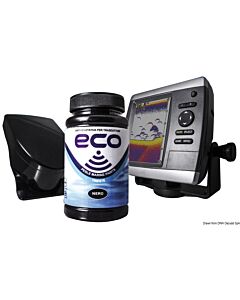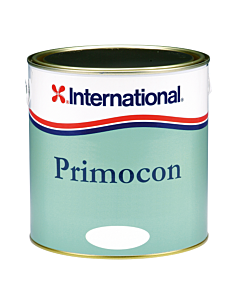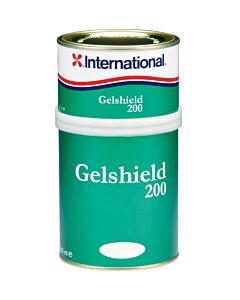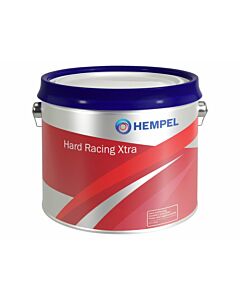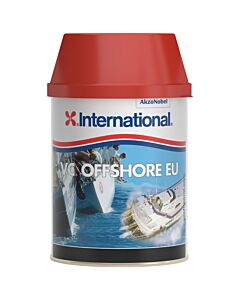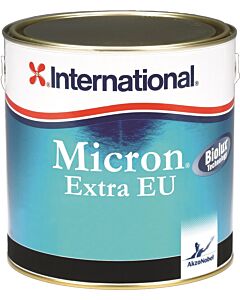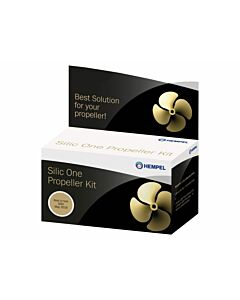Maintenance & paints
Through long journeys at sea, you'll often need to protect your boat. From high-quality marine paints and durable varnish layers, we offer everything you need to maintain the shine of your boat and extend its lifespan. Our products withstand the harsh conditions at sea and ensure a professional finish, not only making your boat look fantastic but also well-protected against corrosion and fouling. Choose quality and care for your boat with our maintenance products for enduring beauty and performance.
Most popular products


What is antifouling?
Antifouling is a type of paint used to prevent the growth of marine organisms, such as algae, barnacles, and mussels, on the hull of a boat. They can quickly attach to the underwater parts of a boat and lead to increased resistance and reduced performance of the vessel. Antifouling paint typically contains biocides that inhibit the growth of these organisms.
Boats need antifouling to keep the hull free from fouling, which can affect the vessel's handling characteristics. It also prevents organisms from adhering to the hull, thereby preventing damage to the boat. Additionally, regularly applying antifouling can extend the life of the boat and improve fuel efficiency by maintaining a smoother hull.
Why choose for International antifouling?
International offers a special type of antifouling that is only available in Belgium. Certain antifoulings, such as Micron Extra EU, contain copper, which is not allowed in most countries but is permitted in Belgium. This type of antifouling provides very strong protection even in the harshest sea conditions.
Difference between soft and hard antifouling
Soft antifouling, also known as self-polishing antifouling, gradually wears away in water, continuously releasing new biocides to inhibit the growth of organisms on the boat's hull. On the other hand, hard antifouling forms a durable layer on the hull, providing long-lasting protection against fouling, as the biocides are stable and do not easily break down. The choice between soft and hard antifouling depends on factors such as the type of boat, its usage, and environmental conditions. Soft antifouling is typically used for sailboats, while hard antifouling is more suitable for motorboats and racing boats.


What is anode?
An anode, also known as a sacrificial anode, is a metal component used to protect other metal parts from corrosion. It works by intentionally corroding itself instead of the metal parts to be protected. This process is known as cathodic protection.
In the maritime context, an anode is often attached to the hull of a ship to protect the ship's metal parts, such as the propeller shaft, hull, and other underwater components, from corrosion. The anode corrodes first, thereby sparing the ship's metal parts. Anodes are also used in other applications, such as in boilers, pipelines, etc., where corrosion is a concern.
The differences between zinc, aluminum, and magnesium
Zinc anodes are the most common and traditional choice for anodes.
They provide effective protection against corrosion in freshwater and brackish water.
Zinc anodes have an average galvanic potential and corrode evenly, slowly dissolving and providing protection to metal parts.
Aluminum anodes are often used in saltwater environments due to their higher potential and more efficient protection against corrosion in such conditions.
They are effective for use in both freshwater and saltwater but are especially suitable for saltwater due to their higher sacrificial capability.
Magnesium anodes have the highest galvanic potential and therefore offer the most active protection against corrosion.
They are particularly suitable for use in freshwater because they can corrode too quickly in saltwater, potentially causing an overly powerful reaction.
Overall, the choice between zinc, aluminum, and magnesium anodes is determined by specific environmental conditions such as the type of water (fresh or salt), the rate at which the anode needs to dissolve, and the metal to be protected.
